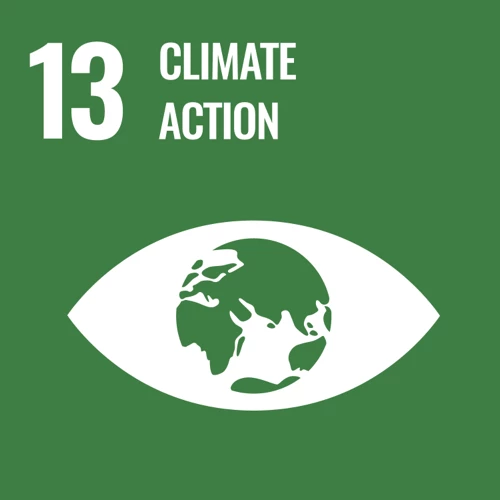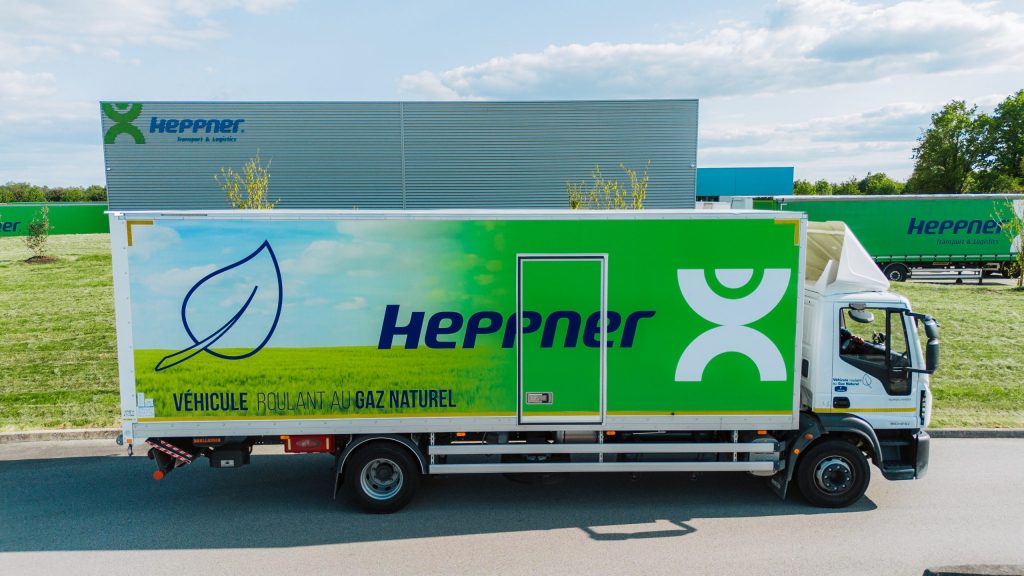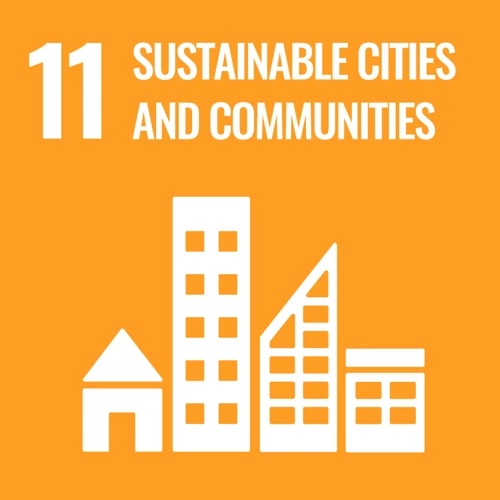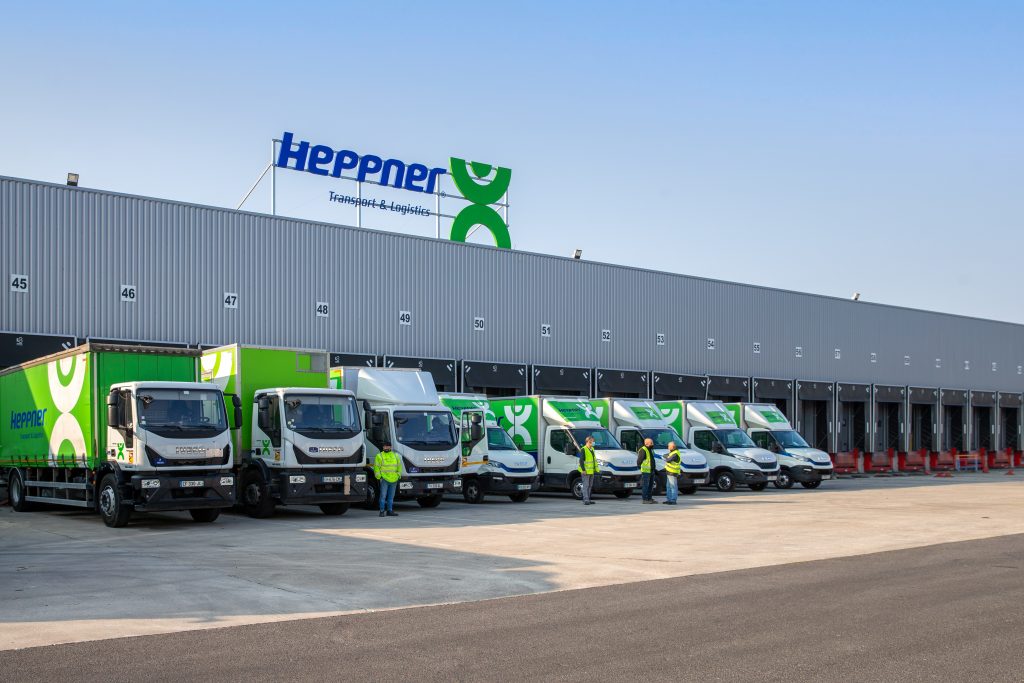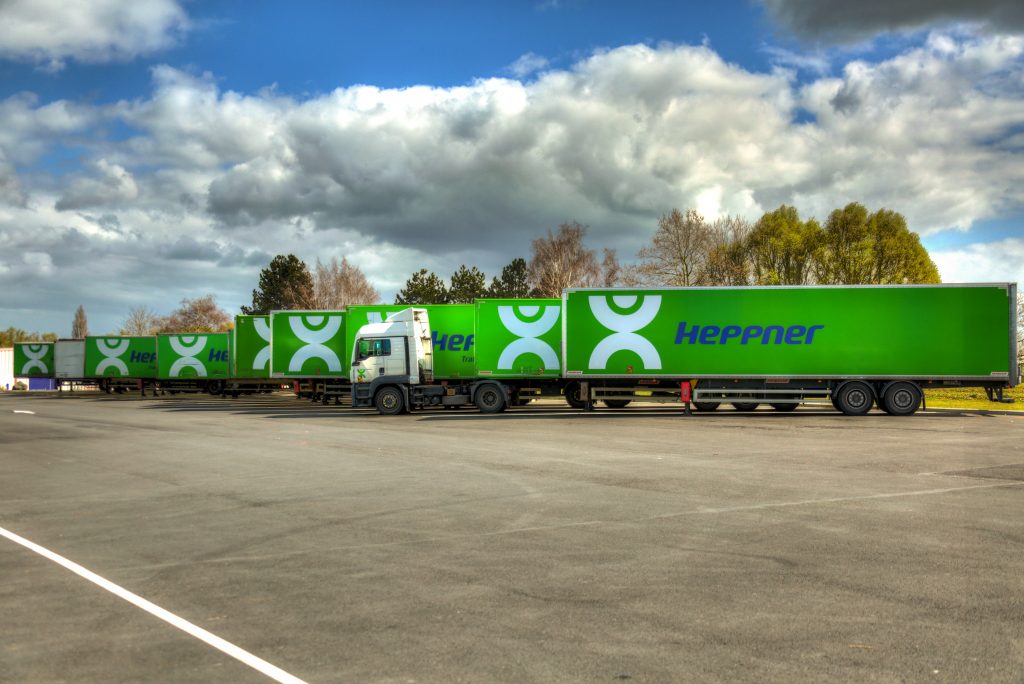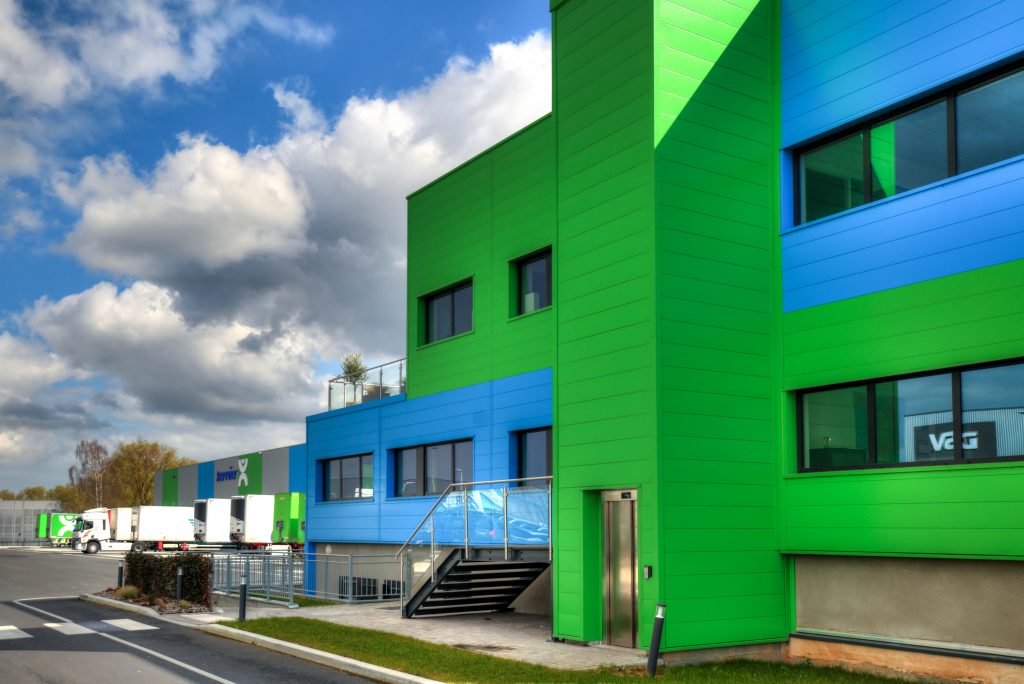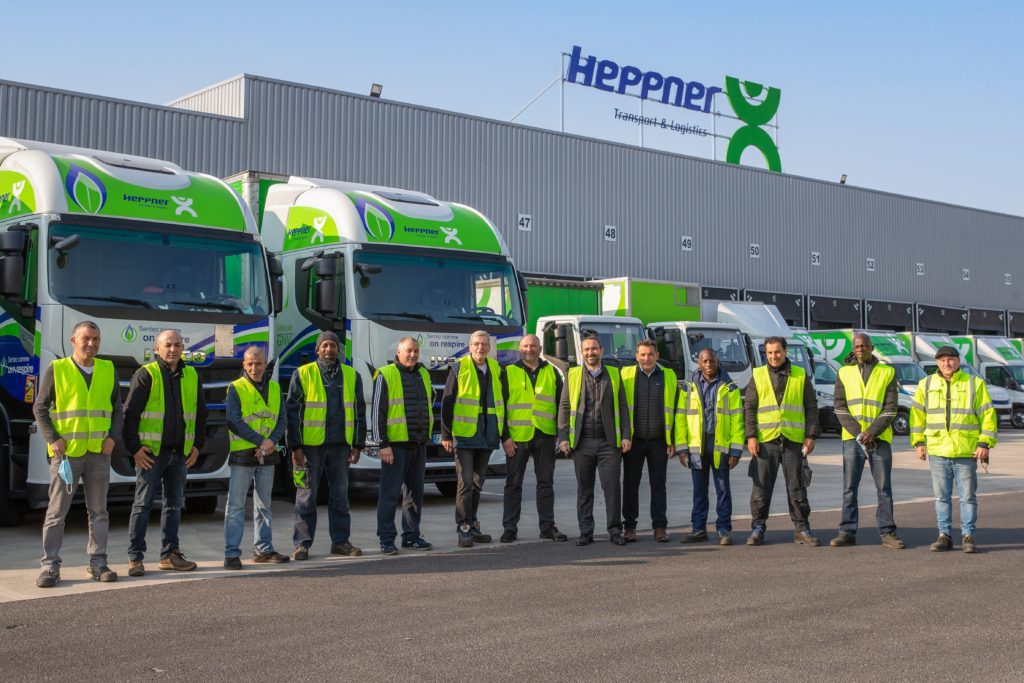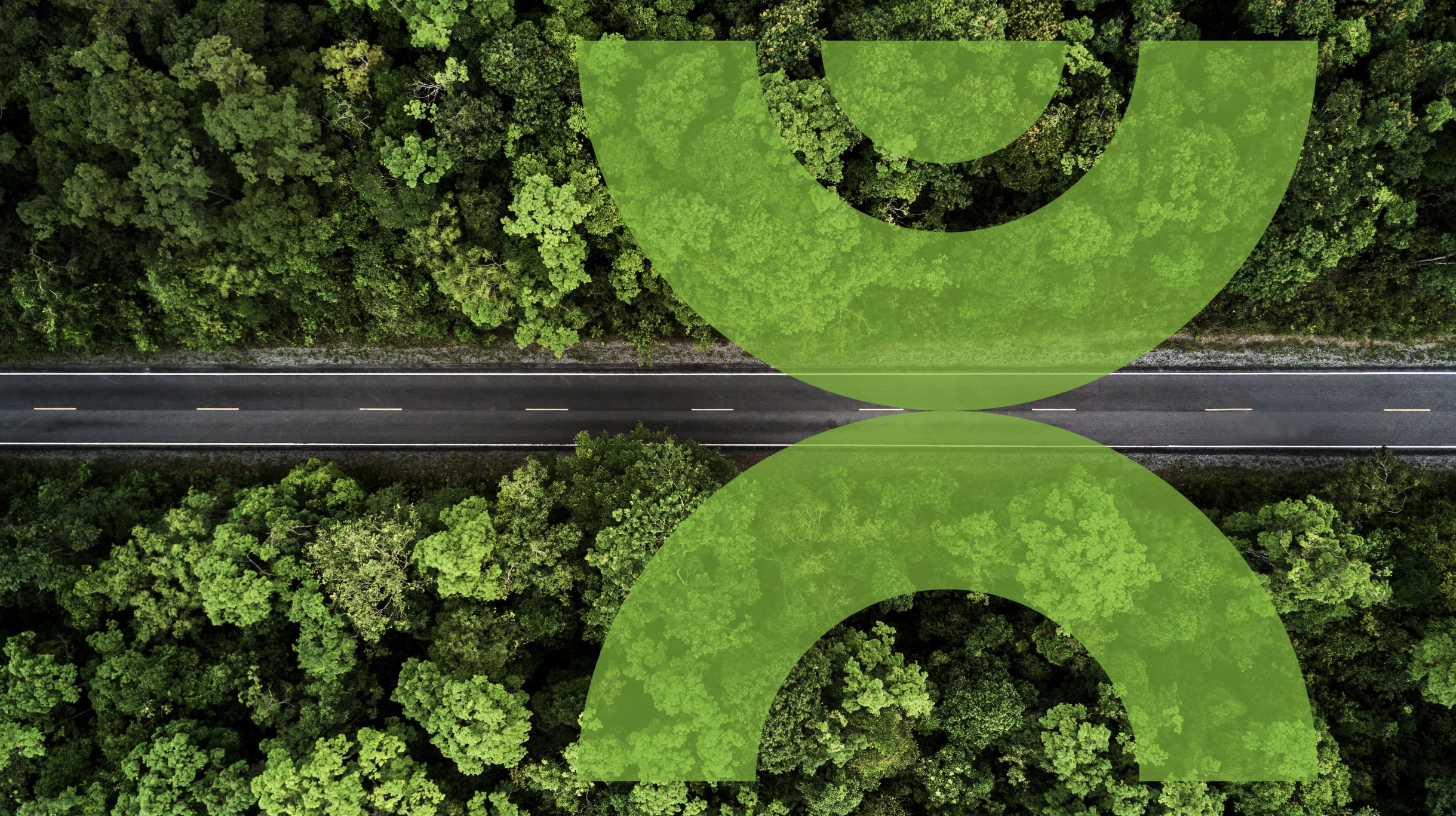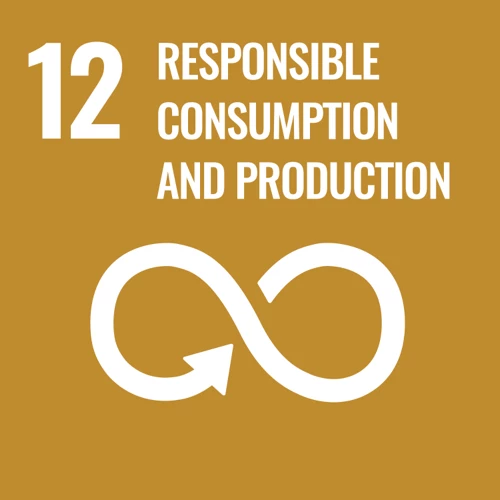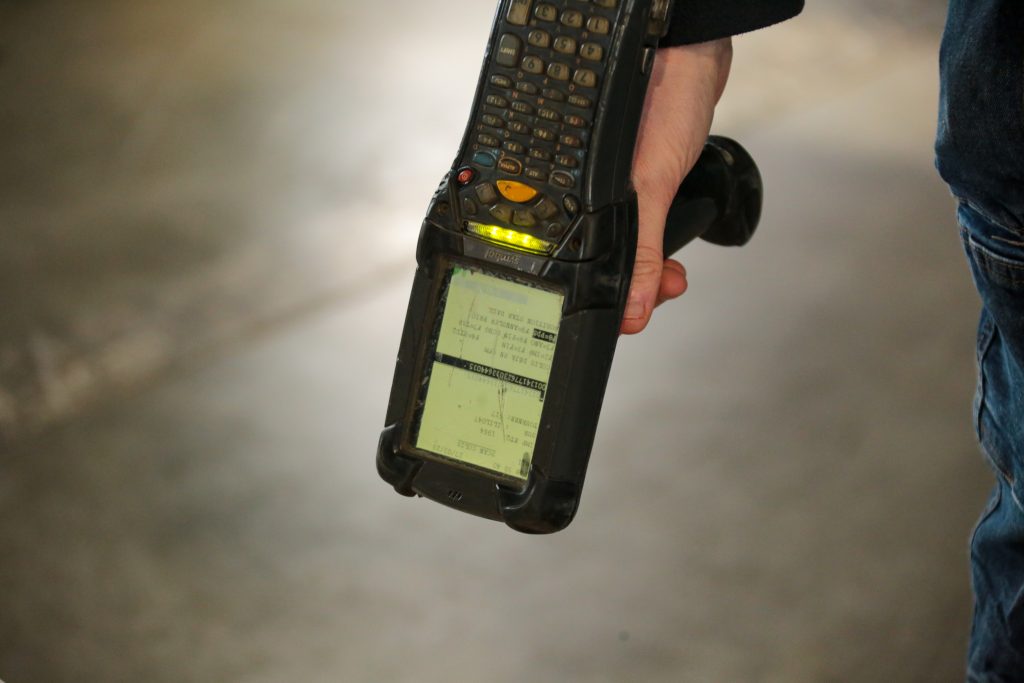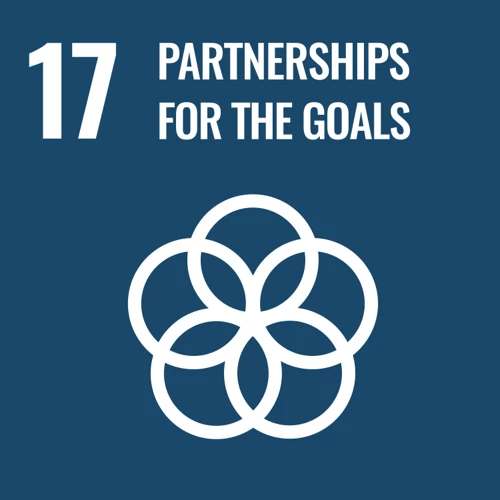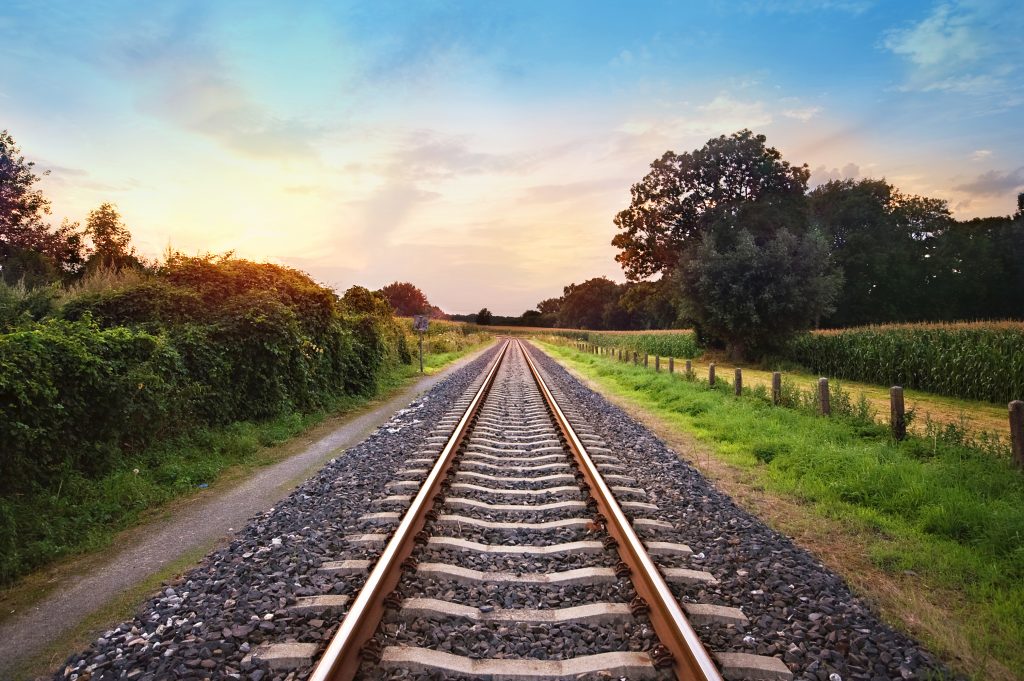Piggybacking, combining to decarbonise
In addition to relieving road congestion, due to the high volumes that a single train or ship can carry, rail or river freight represents an alternative to the shortage of driving personnel, and the CO2 emissions are considerably lower. In fact, rail allows us to decarbonise 95% of our transport compared to road.
Heppner is stepping up its efforts to develop piggyback (rail + road) and barge transport solutions, with the aim of doubling the tonnage using these modal shifts by 2025.
Whether at the request of its customers or on its own initiative, Heppner looks for less carbon-intensive routes adapted to the geographical location of the departure and arrival points. This expertise is being developed in cooperation with the Group’s various branches, driving experience-sharing and skill development on these issues. More sustainable, these modal shifts have the added advantage of being less expensive, albeit at the cost of longer delivery times.

Sylvaine Baron, Procurement and Quality Manager, Linvosges Group
“Linvosges has signed a charter with the ADEME to reduce its CO2 emissions during transportation of its products. The introduction of piggybacking in our flows from Portugal with Heppner will help us meet our CO2 emission reduction undertakings in our transport operations.”
The next steps in multimodal transport at Heppner:
Heppner is working to strengthen its reporting capabilities: number of trucks avoided, number of road km avoided, number of eCO2 tonnes avoided, sales represented by rail. Better measurement for action and progress.


